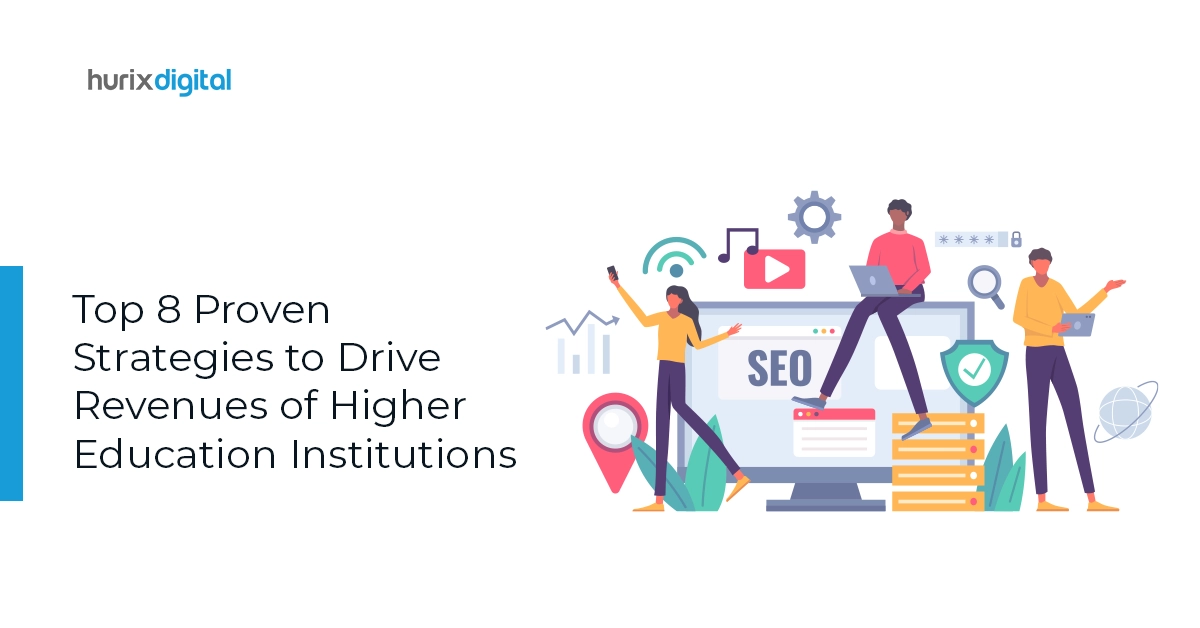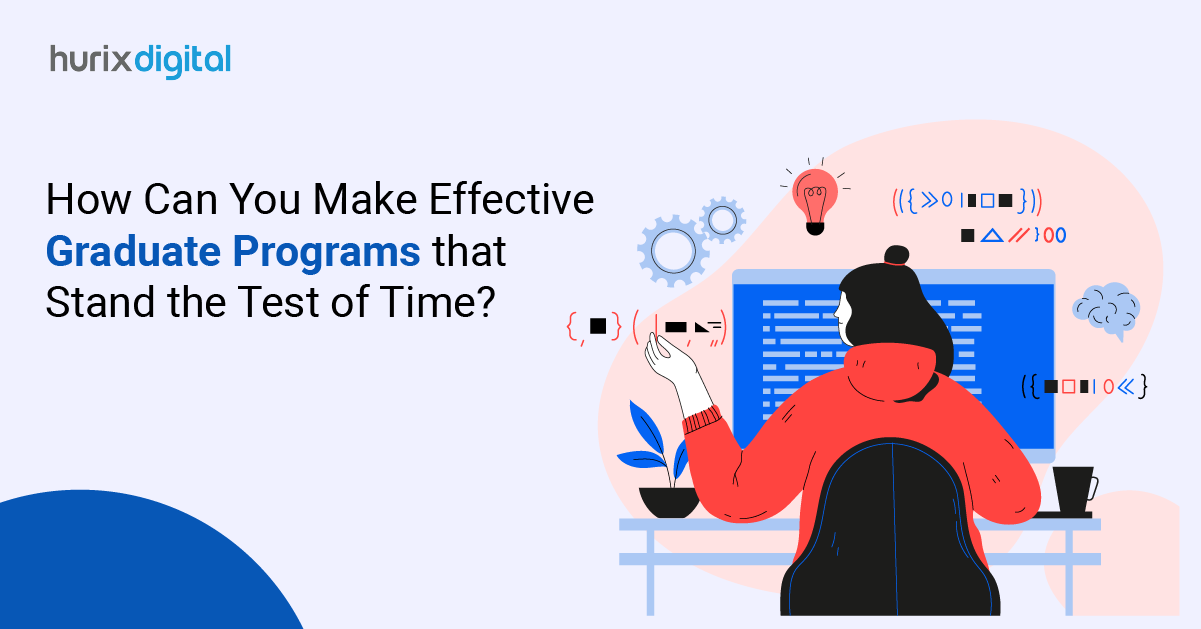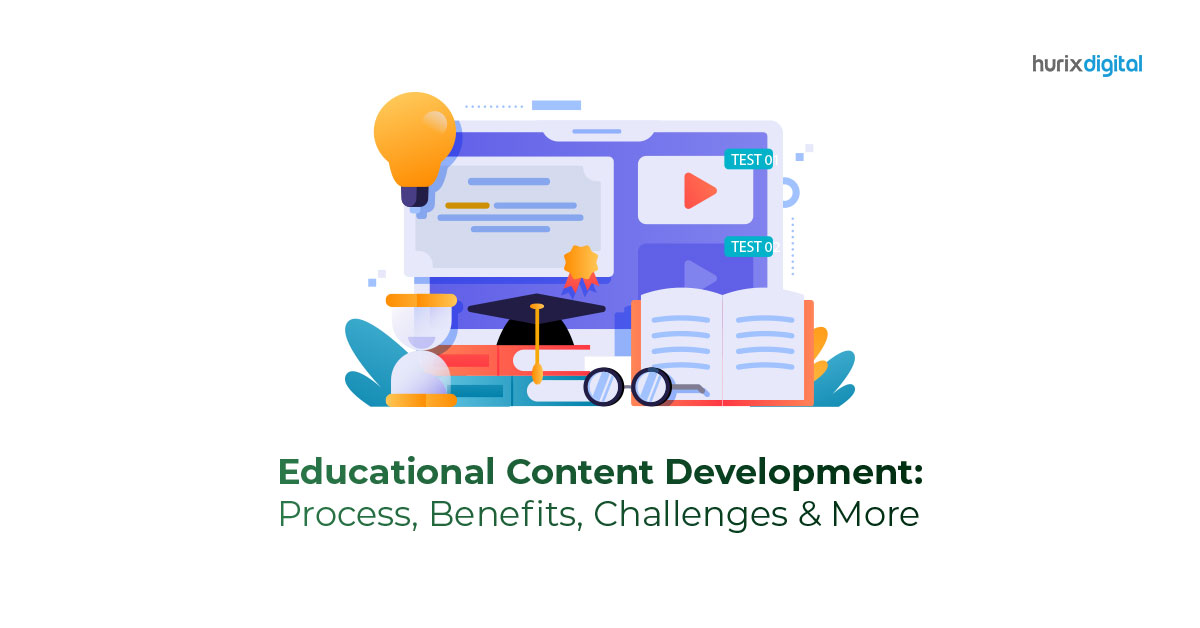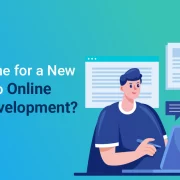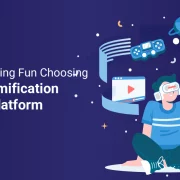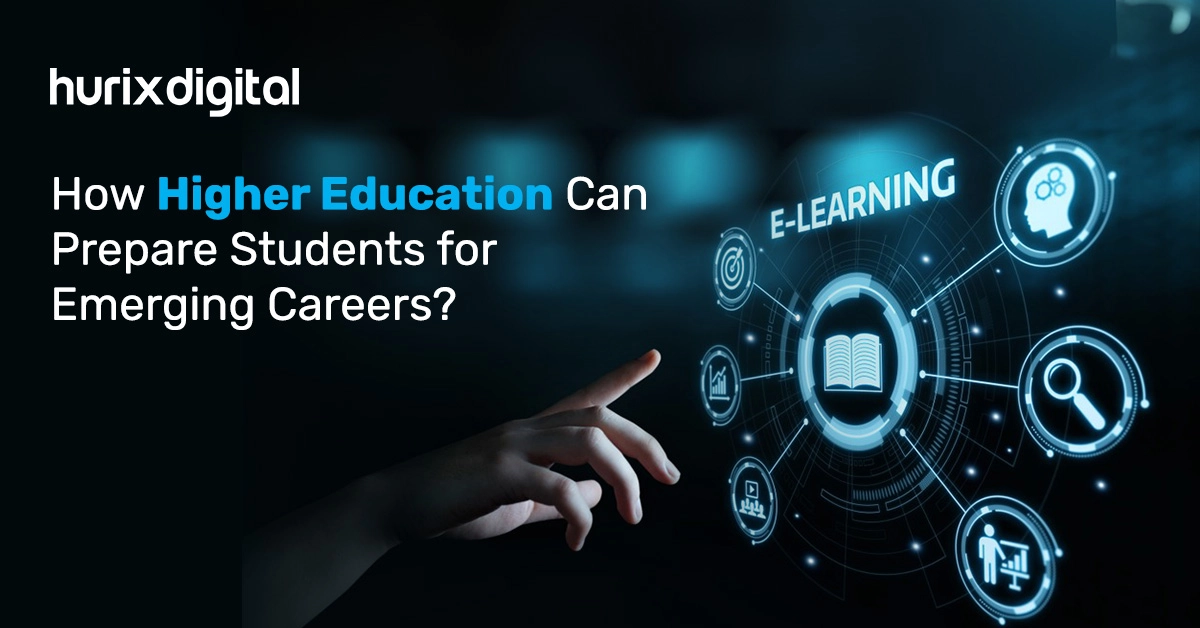
How Higher Education Can Prepare Students for Emerging Careers?
Summary
The article examines universities equipping students for the evolving workforce via career services, practical experiences, partnerships, and essential skills training.
The effectiveness of higher education in preparing students for the demands of the modern labor market has been called into question. Due to ongoing technological advancements and shifting global economic situations, the workforce is changing swiftly, which is why this analysis is necessary.
Students frequently worry about what employers will demand of them and whether or not their educational objectives align with their intended careers. This uncertainty emphasizes the significance of institutions giving thorough career preparation during undergraduate studies a top priority, especially given the dynamic nature of the workplace.
A recent Accenture report pointed out that the G20 nations had a limited window of time to address the digital skills gap. Failure to do so by 2028 might cost the world’s GDP growth by $11.5 trillion.
Continue reading to discover the most important tactics colleges can use to adequately prepare their students for the needs of the contemporary labor market.
Table of Contents:
How Can Universities Prepare Students for Emerging Career Paths?
The days of a standard degree being the only prerequisite for a successful profession are long gone. To equip students for the jobs of tomorrow, adopting a holistic approach extending beyond the realm of pure academic instruction is mandatory.
Modern universities acknowledge the role of career-oriented learning initiatives in preparing graduates for a challenging job market.
Here are some strategies that universities can implement to prepare students for fulfilling and sustainable careers:
1. Enhance Career Services and Promote Lifelong Learning
Career services now focus more on helping students find jobs after graduating. They offer complete support during a student’s academic path, establishing a base for long-term career achievement.
Here’s how:
- Self-Discovery and Career Exploration: Students can discover their values, interests, and strengths through workshops, exams, and one-on-one counseling. This self-awareness acquired under the guidance of career advisers enables educated decisions about extracurricular activities, academic majors, and career-oriented learning pathways.
- Developing Practical Abilities: Employers actively seek out students with the abilities modern career services equip them with. It could include career-focused education programs like workshops on résumé preparation, practice interviews, and networking get-togethers. Universities may improve this even more by collaborating with business leaders to provide workshops or certificates tailored to the needs of the present workforce, thereby matching education with industrial demands.
- Lifetime Learning Support: Given the speed at which technology advances, one must commit to lifetime learning. Universities are pivotal in providing graduates with short-term courses, professional development resources, and micro-credentials. In keeping with current eLearning trends in higher education, this enables graduates to maintain their competitiveness in the changing job market and continuously update their skill sets.
Also Read: Holistic Approaches to a Student-Centered Approach and Equity in Higher Education
2. Integrate Practical Learning Opportunities
Though undeniable, theoretical knowledge is most effective when used with real-world experience. To close this gap and increase graduate employability, universities must include a variety of practical learning opportunities in their curricula.
Here are a few approaches:
- Education Programs and Internships: These opportunities give students practical job experience in a professional context while allowing them to use their academic knowledge. These courses provide excellent chances to build professional networks, acquire relevant skills, and consider other career options.
- Project-Based Learning: Incorporating real-world projects into eLearning in higher education allows Universities to provide students with chances to tackle complex issues, enhance critical thinking skills, and cultivate collaborative abilities. Coupled with practical experience relevant to their chosen fields, these are all highly sought-after qualities by employers.
- Technology in Higher Education: By integrating technology into eLearning in higher education, students can learn the digital literacy skills that employers are increasingly looking for. This might involve utilizing online educational platforms, collaboration tools, and data analysis software to mirror the tech setup new hires will encounter at work.
3. Strategic Partnerships and Collaborations
Universities are recognizing the importance of extending their focus beyond purely academic instruction. Collaboration with industry leaders offers a multitude of benefits for students.
These partnerships can involve various initiatives, such as:
- Co-Created Curricula: Universities and industry partners can work together to develop course materials that align with current industry needs and emerging skill sets. This guarantees that students gain the relevant knowledge and skills for real-life professional situations.
- Guest Speaker Programs: Students can learn about specific careers and higher education trends by having guest speakers deliver lectures or participate in workshops.
4. Focus on Experiential Learning and Networking
Students can access invaluable resources from universities that foster robust alumni networks. Alumni can provide professional networks with internship or job placement chances, career help, and mentorship options.
In addition to connecting students with seasoned professionals in their fields of interest, this promotes a sense of community.
5. Equip Students with Data Literacy and Essential Skills
Employers today need workers with advanced knowledge of digital tools and data-driven methods.
Integrating data literacy and essential skills training into their curricula allows universities to ensure graduates stay competitive and adaptable in a rapidly evolving landscape. Data literacy encompasses actively accessing, analyzing, interpreting, and communicating information.
Providing students with these skills allows them to:
- Tackle a Data-Driven World: In every industry, the capacity to assess data critically, recognize patterns, and derive actionable conclusions is crucial. Data literacy allows graduates to make informed decisions in their career pursuits.
- Harness the Power of Technology: Today’s work environments heavily depend on various digital resources, such as SaaS applications and automated processes. Data literacy guarantees that graduates have the essential skills to use these tools and derive valuable insights from the data they produce.
- Communicate with Clarity: Translating data into clear and concise communication is essential for successful collaboration and informed decision-making. Data-literate graduates possess strong communication skills, allowing them to present their findings to varied audiences effectively.
6. Integrate Essential Skills for Workplace Success
In addition to data literacy, universities can further empower graduates by integrating essential skills development into their programs. This may encompass:
- Teamwork and Collaboration: Collaborative projects, group discussions, and brainstorming sessions can encourage skills like successful teamwork and collaboration that many professional environments necessitate.
- Analytical and Problem-Solving Skills: Integrating case studies, simulations, and problem-solving exercises into eLearning in higher education equips graduates with the skills highly sought by employers while honing their abilities to analyze complex situations, identify problems, and develop innovative solutions.
- Communication and Interpersonal Skills: In every work environment, efficient communication is a primary determinant of success. University-sponsored events such as role-playing, public speaking, and presentations could foster development in this area.
Also Read: Five Emerging Technologies in Higher Education Learning!
Wrapping Up
Disregarding a holistic approach to student development can produce ill-prepared graduates for the competitive and fast-paced work market. Their unpreparedness could hinder their ability to succeed in a global market that highly values exceptional talent.
Hurix Digital collaborates with universities to create tailored course materials, provide top-notch editorial services, and design data-based assessments. We can help your university create a robust lifelong learning program that ensures graduates have ongoing access to professional development resources and prepares them for successful careers.
Contact us to learn more!

Senior Vice President – Business Development
Over 25 years of experience in the edtech and workforce learning industry with strong skills in Business Development, Customer Relationship Management (CRM) and Strategy.
